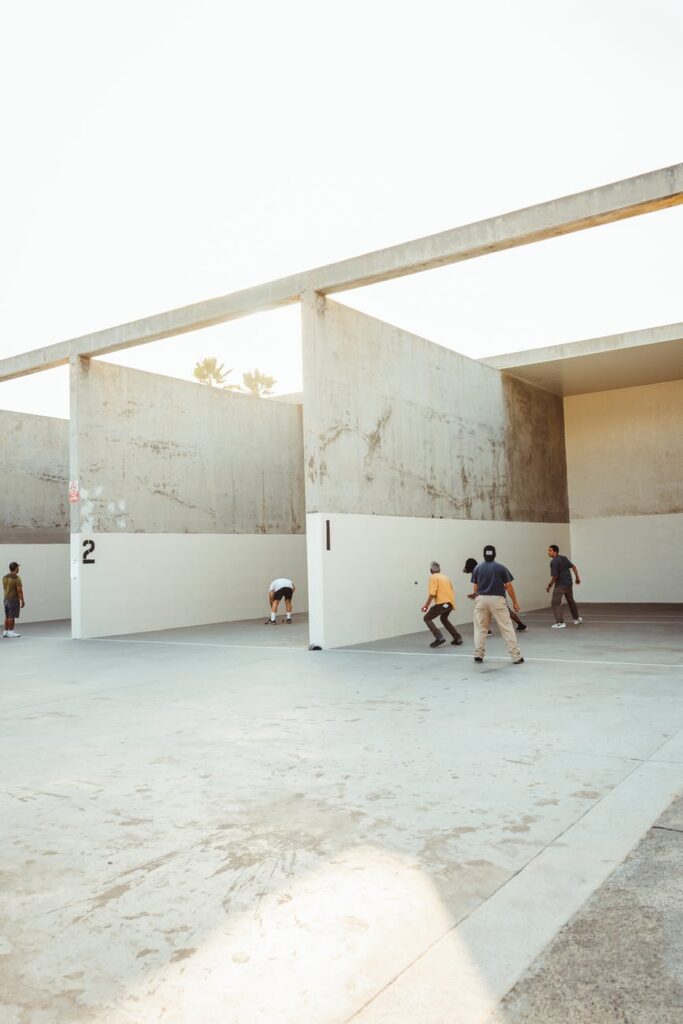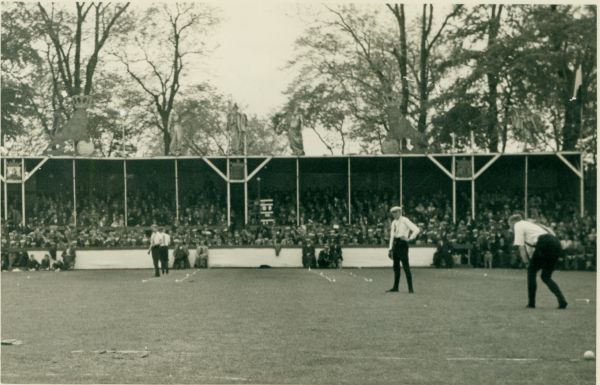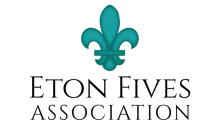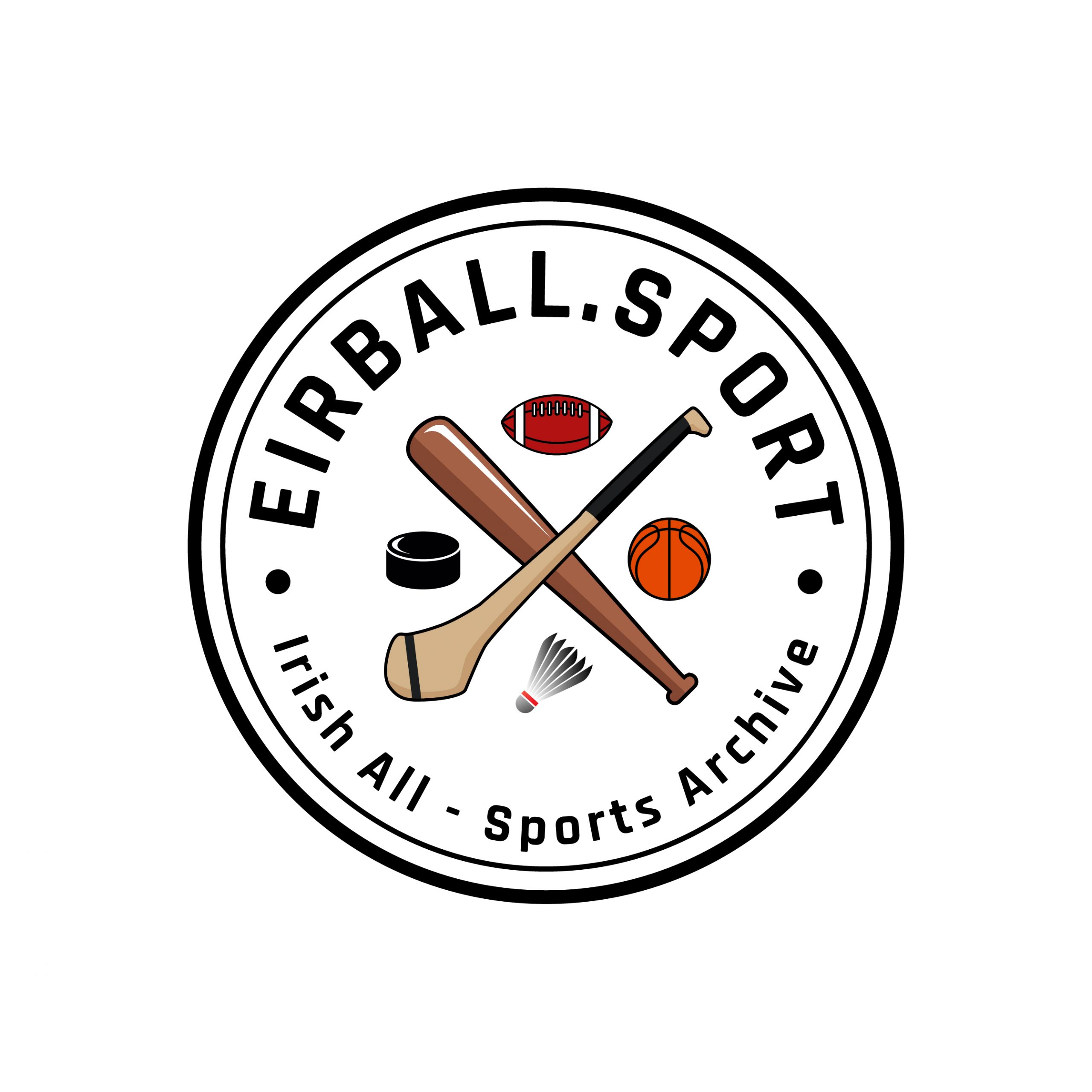This is the Landing Page for the Handball.irish Archive All-Time Results of GAA, World, European and North American Handball. The Handball.Irish Archive is an ongoing project and part of the Eirball.ie – Irish, North American and World Sports Archives
GAA Handball
Handball was first played in Ireland according to the World Handball Council website and the GAA Handball website describes it as the GAA’s only real World Sport. It is organised along the same lines as the rest of the Gaelic Games which come under the authority of the GAA – with County, Provincial and All-Ireland Championships, in both Men’s and Women’s, Team and Individual, Boys and Girls and also in Softball and Hardball versions. Some players compete in the European Pro Wallball Tour (Wallball is a unified version of Handball in Europe, bringing together the Handball of Ireland, UK, France, Italy, Spain, Catalonia, Basque Country, Belgium, Wallonia, Flanders and Netherlands. Others play on the US circuit or in Canada and Australia. It is also played in Japan and Latin America.


GAA Handball Singles & Doubles
GAA Handball All-Ireland Championships
All-Ireland Championships (Overviews)
GAA Handball All-Ireland 40×20 Championships Men’s Senior Singles 1975-Present
Nationals (Overviews)
GAA Handball Women’s National Singles Roll of Honour 1995-Present
GAA Handball All- Ireland 40×20 Men’s Senior Singles (Seasons): 2018
GAA Handball She’s Ace (Seasons): 2018
GAA Handball She’s ACE 4 Wall Ladies Senior Doubles All Ireland Championships
Royalty-free stock photo ID: 1751679548
28th May 2020, Drogheda, County Louth, Ireland. Statue erected in memory of Joe Maher’s world handball achievements, next to the River Boyne in Drogheda town centre. Sculptor is Laury Dizengremel.![]() D
D
By Dirk Hudson


GAA Handball Club Competitions
GAA Handball Tournaments
All-Ireland Club Championships (Overviews)
GAA Handball All-Ireland Inter Club Championship Open Finals 2012-2018
GAA Handball 40×20 Inter-Club Championship (Seasons): 2017
GAA Handball Gael Linn (Seasons): 2018
GAA Handball Intervarsity Championships (Seasons): 1991
PIcture Credit: 26th April 2019, Dublin, Ireland. Irish Handball Centre Social Club and Bar building next to Croke Park stadium, St Joseph’s Ave, Drumcondra.
![]() D
D
By Dirk Hudson


Inter-County GAA Handball Teams
Connacht GAA Handball County Teams
Leinster GAA Handball County Teams
Munster GAA Handball County Teams
Ulster GAA Handball County Teams
Royalty-free stock photo ID: 1382774813
26th April 2019, Dublin, Ireland. Irish Handball Centre Social Club and Bar building next to Croke Park stadium, St Joseph’s Ave, Drumcondra.
![]() D
D
By Dirk Hudson


County GAA Handball
Wicklow GAA Handball County Championships 40×20 (Years):1991
GAA Handball Wicklow Arklow HC Club Novice Competition (Seasons): 1991
Royalty-free stock photo ID: 1382774813
26th April 2019, Dublin, Ireland. Irish Handball Centre Social Club and Bar building next to Croke Park stadium, St Joseph’s Ave, Drumcondra.
![]() D
D
By Dirk Hudson
World Handball Council
Handball is described on the GAA Handball website as the only real GAA World Sport. The World Handball Council says Handball was first played in Ireland, and it is very popular throughout the United States of America and Canada, with the World Handball Players the top Pro Competition, and variations such as Inner City Handball. It is also played in Puerto Rico, Mexico, Central America, Australia and Japan.


World Handball Council
WHC World Championship
The World Handball Council is the World Governing Body for the North American & Irish version of Handball.
World Handball Council 4 Wall Handball Champions Men’s Open Singles 1967-2018
World Handball Council 4-Wall Handball Champions Women’s Open Singles 1997-2018
World Handball
World Handball Council World Championships (Finals):
World Handball Council World One Wall Championships Open Singles 1997-Present
World Handball Council World One Wall Championships Women’s Singles 1997-Present
World Handball Council World Handball Championships Men’s Finals (Editions): 2015
World Handball Council World Handball Championships Women’s Finals (Editions): 2015
WHC World Handball Championships Men’s Finals (Editions): 2015
WHC World Handball Championships Women’s Finals (Editions): 2015
Picture Credit: New York, USA – May 31, 2019: Daytime image of the Brooklyn Bridge Park Pier 2 handball courts By Alexandre Tziripouloff [Internet] Available from: https://www.shutterstock.com/image-photo/new-york-usa-may-31-2019-1496618819 [Accessed 2 June 2021]
European Handball
Handball is described on the GAA Handball website as the only real GAA World Sport, with a high level of Competition in Western Europe (the European Wallball Pro Tour: Euro1Wall) as well as Organisations, each with their own variation on the rules, in the United Kingdom, France, Italy, Spain, Catalonia, Basque Country, Belgium (Wallonia-Brussels and Flanders) and Netherlands.
Wallball has emerged in recent decades as a unified world form of Handball, and there is a European Wallball Tour, featuring rounds in England, Spain, Netherlands, Belgium and elswehere.
There are versions of the sport throughout Western Europe, and Irish Players take part in Tournaments worldwide.
Below you will find links to the Results and Rankings of various Tours and Tournaments:


European Wallball Tour (Euro1Wall)
European Wallball Tour (Euro1Wall)
European Wallball Tour
European Wallball Pro Tour Men’s End of Season Rankings (Seasons): 2017-18 2018-19
European Wallball Pro Tour Women’s Singles End of Season Rankings (Seasons): 2017-18 2018-19
European Wallball Pro Tour Men’s End of Calendar Year Rankings (Seasons): 2017 2018
European Wallball Pro Tour Women’s End of Calendar Year Rankings (Seasons): 2017 2018
EWT Finals (Seasons): 2018-19


Walloon-Brussels Wallball
Walloon Federation of Wallon-Brussels Games
Walloon Federation of Walloon-Brussels Games |
WFWBG One Wall National 1 (Seasons): 2019
European Team Handball


Kaatsen (Frisian Handball)
Kaatsen (Frisian Handball)
Kaatsen (Frisian Handball):
Kaatsen (Frisian Handball) Reference 1897-Present
KNKB Kaatsen Women’s Championship (Years): 2019
KNKB Kaatsen Men’s Championship (Years): 2019
Picture Credit: KNVB [4] KNVB (2020) resize [Internet] Available from: https://www.knkb.nl/includes/resize.asp?website=implementatie&width=1024&height=800&image=26652f2464ab8.jpg [Accessed 23 October 2020]
Confederacion International de Pelota a Mano


Confederacion International de Pelota a Mano
CIJB
CIJB Pelota a Mano (World Championships):
CIJB Confederacion Internacional de Pelota a Mano Mundial Llargues 1996-Present
Confederacion Internacional de Pelota a Mano (CIJB) Mundial Llargues 1996-Present
Confederacion Internacional de Pelota a Mano (CIJB) Bote Luzea-Llargues Champions League 2016
Eton Fives
Eton Fives is a variation on the game of Handball, first played in Ireland, and the origins of Eton Fives go back to Medieval Peasants playing the gamea against the wall of the chapel at Eton College, where there is a handrail down one side. The first court was built in Eton in 1840, by the Headmaster, Dr. Hawtrey. In 1877 AC Ainger drew up the first rules of the game.


Eton Fives Association
EFA League
Eton Fives Association League (Overviews):
Eton Fives Association League Division 1 2010-2020
Picture Credit: [12] Eton Fives (2020) Eton-Fives-Association-Stacked [Internet] Available
Cornish Hurling
Every Shrove Tuesday in St. Columb’s, Cornwall, the game of Hurling is played between ‘Town’ and ‘Country’. The night before resembles a ghost town as all the shops are boarded up and shuttered before the game is played the next day. There are no limits to the numbers of players in the game, with each player playing for either the ‘Town’ or ‘Country’. The game kicks off with the words “Town and Country do your best. but in this parish I must rest.”.
Traditionally, the game was played between the men of St. Columb, but is now played by the children. [3] The Game can last a few minutes or it can last hours depending on how quickly the winning team can get the ball to the goal. The winning player who carries the ball to the goal has the option of keeping the ball and paying for a new one by a local craftsman. The ball is constructed traditionally, out of silver with an applewood core, taken from a local orchard.
References: [1] BBC Cornwall (2003) Hurling at St. columb in the 21st Century [Internet] Available from; http://www.bbc.co.uk/cornwall/villages/stories/stcolumb_hurling.shtml [Accessed 7 March 2018]
[3] St. Ives Web Community TV (2013) The St. Ives Feast and the Silver Ball [Internet] Available from: https://web.archive.org/web/20130819100810/http://stivestv.co.uk/whatson/feast_day_2013.htm [Accessed 13 June 2019]


Cornish Hurling
Manx Cammag; Cornish Hurling;
Cornish Hurling (Hurling the Silver Ball):
Pelota
Pelota is the Traditional Game of the Basque People of Sourthwest France and North Central Iberia (Spain). Their language is the oldest in Europe, and the only non-Indo-European language left in Western Europe according to the Encyclopaedia Britannica, and therefore with some justification the Basques refere to themselves as the only Native Europeans. The sport is similar to the GAA and European game of Handball, played with a curved glove which is used to propel the ball off one of two perpendicluar walls on a four-sided court, with the other two sides open (Jai Alai). Another version is played in pairs (Parejas) or singles (Manomanista) with the hand (Mano)


ASPE Pelota (Basque Country)
ASPE Pelota;
ASPE Pelota is the Professional Hand Pelota (Manomanista) of the Spanish Basque Country. There are both Singles (Campeonato Manomanista – Hand Pelota Championship) and Pairs (Campeonato de Parejas). Divisions are Lep.M (Premier – Tier 1) Promoción (Promotion – Tier 2)
ASPE Pelota (Basque Country)
Campeonato Cuatro y Medio (4 & 1/2) Finals:
ASPE Pelota Campeonato Cuatro y Medio de Lep.M 2000-Present
ASPE Pelota Lep.M Hand Pelota Championship (Campeonato Manomanista Lep.M) (Seasons):
ASPE Pelota Lep.M Pairs Championship (Campeonato de Parejas de la Lep.M) (Seasons):
Picture Credit:
Picture Credit: By Ricardo Hernandez / www.shutterstock.com [Internet] Available from: https://www.shutterstock.com/image-photo/man-during-jaialai-game-typical-sport-369691925 [Accessed 2 June 2021]


FFPB Pilote Basque (Biarritz-France)
FFPB Pilote Basque
FFPB Pilote Basque (Biarritz)
FFPB Pilote Basque Fronton (Overviews):
FFPB Pilote Basque Fronton Place Libre Pala Championnat de France Nationale A Group A 2015-2018
FFPB Pilote Basque Trinquet (Overviews):
